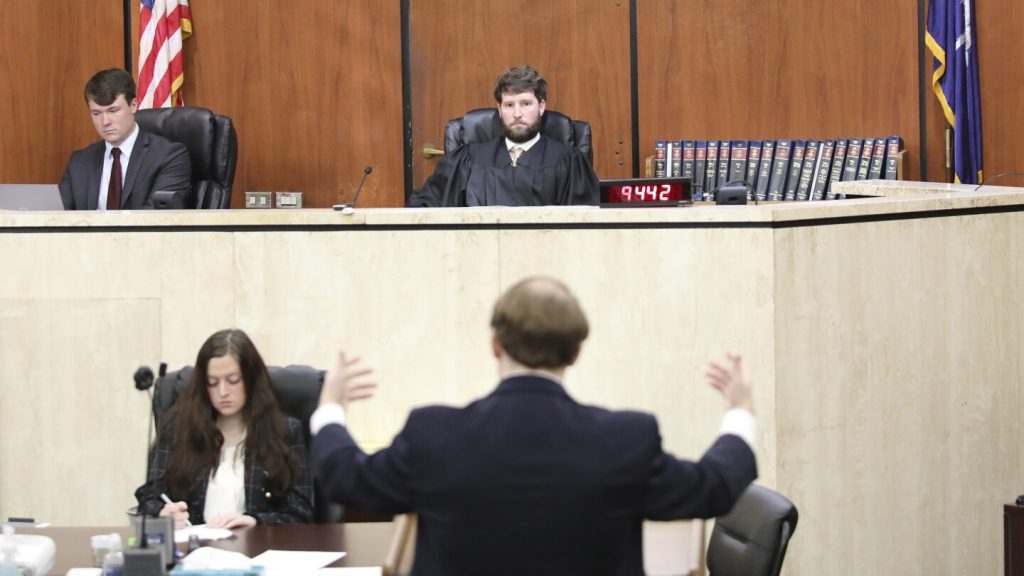A recent ruling by a state judge in South Carolina has allowed the state to continue enforcing a ban on nearly all abortions about six weeks after conception while an appeal on the definition of a heartbeat is ongoing. The law in question specifies that abortions cannot be performed after an ultrasound detects cardiac activity, but there are differing interpretations on when exactly this occurs. The state Supreme Court had previously acknowledged these variations but upheld the law regardless, giving priority to the lawmakers’ intentions.
Legislators had consistently referred to the six-week mark as the standard for the ban, with both sides agreeing on this during debates on the law. Despite some confusion surrounding the definitions of a heartbeat, the judge’s ruling emphasized that the legislative history clearly points to a six-week timeframe. Planned Parenthood is expected to appeal the ruling, arguing that the law is too vague due to conflicting definitions of a heartbeat. As it stands, the ban remains in effect in South Carolina, with exceptions for cases involving rape or incest, fetal nonviability, or serious risks to the mother’s health.
The law’s language includes inconsistencies that could lead to further legal challenges, such as the transition from embryo to fetus after 10 weeks post-conception. Since the U.S. Supreme Court’s decision to overturn Roe v. Wade in 2022, many states have implemented new abortion restrictions, with Republican-controlled states enforcing bans while Democrat-dominated ones aim to protect access to abortion. South Carolina is one of three states with bans that come into effect around six weeks into pregnancy, highlighting the ongoing national debate on abortion rights and restrictions.
A lawsuit filed by Taylor Shelton and Planned Parenthood further scrutinized South Carolina’s law due to the specific language used in defining cardiac activity. Shelton, who sought an abortion after discovering her pregnancy early on, faced uncertainties around the six-week timeframe and potential legal consequences for doctors. She ultimately had to travel to North Carolina for the procedure, underscoring the challenges posed by ambiguous laws regarding reproductive rights. The case underscores the broader issue of bodily autonomy and the need for clear, unequivocal legislation to protect individuals’ choices and health.
Overall, the ruling in South Carolina reflects a larger trend of states implementing stricter abortion laws following the overturning of Roe v. Wade. The ongoing legal battles over the definitions of a heartbeat and the ban’s specifics highlight the complexities surrounding reproductive rights and access to abortion. Planned Parenthood’s appeal will likely shed light on the constitutionality of the law and the potential impact on individuals seeking reproductive healthcare in the state. As debates continue on abortion policy at both the state and national levels, the outcomes of these legal challenges will have significant implications for individuals’ autonomy and healthcare decisions.


